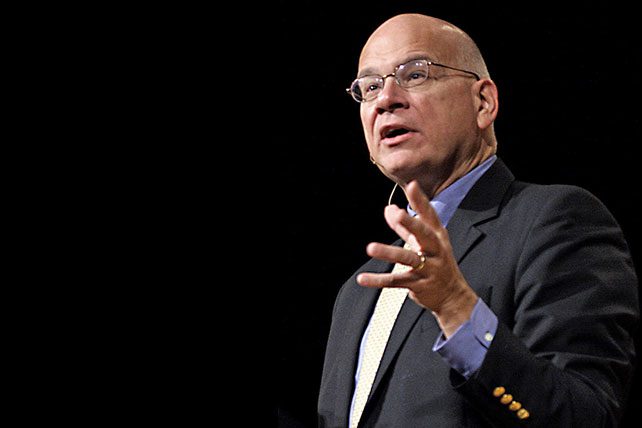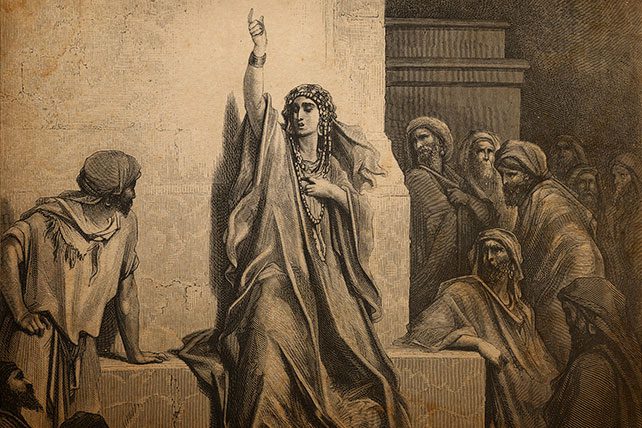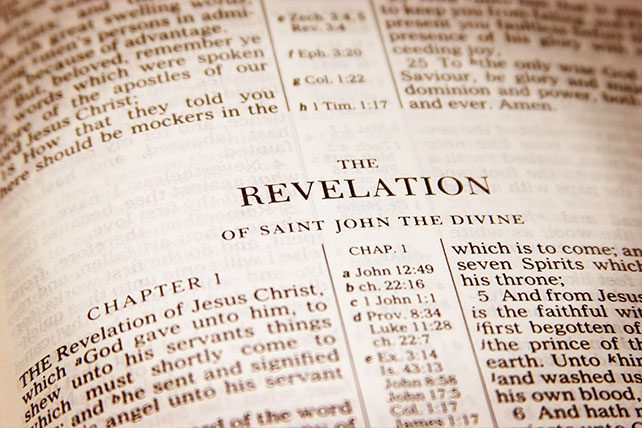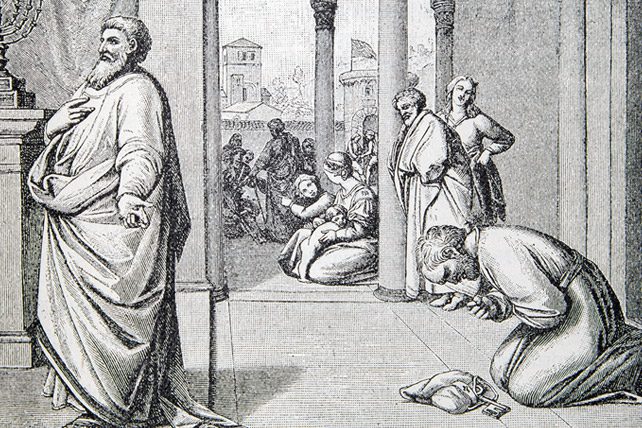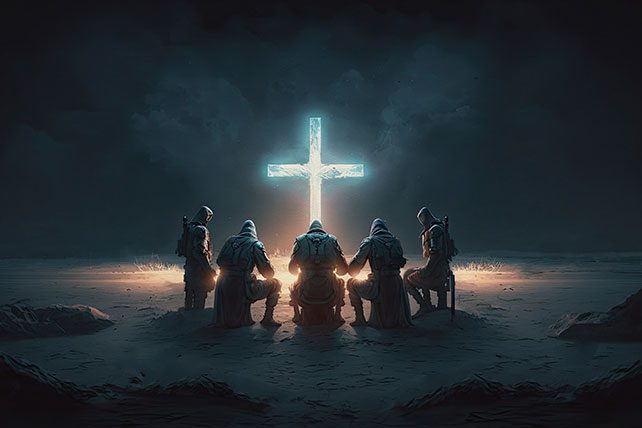Tim Tebow is a name synonymous with resilience, faith, and athleticism. Rising to fame as a Heisman Trophy winner and a polarizing figure in professional football, Tebow has captivated audiences with his on-field prowess and off-field endeavors. However, beyond the helmets and highlight reels lies a man devoted to family and personal commitments. This article delves into the personal life of Tim Tebow, focusing on his union with Demi-Leigh Nel-Peters, exploring their backgrounds, marriage, current activities, and more.
Biographical Background of Tim Tebow and Demi-Leigh Nel-Peters
Tim Tebow was born on August 14, 1987, in Manila, Philippines, to missionary parents. He grew up in Jacksonville, Florida, where he honed his athletic skills and developed a passion for football. Tebow’s football career peaked in college when he played for the Florida Gators, leading them to two BCS National Championships and earning himself the Heisman Trophy in 2007.
Demi-Leigh Nel-Peters, born on June 28, 1995, in Sedgefield, South Africa, is known for her grace and advocacy. Before stepping onto the global stage, she earned her degree in Business Management and Entrepreneurship. Nel-Peters’ claim to fame was her crowning as Miss Universe in 2017, making her the second South African to win the title.
Educational Backgrounds
Tebow’s educational journey was as noteworthy as his athletic one. He attended the University of Florida, where he majored in Family, Youth, and Community Sciences. Tebow’s time at UF was marked by academic achievement and community service, alongside his football career.
Demi-Leigh Nel-Peters pursued her higher education at North-West University in South Africa, where she studied Business Management. Her academic pursuit provided her with a solid foundation that aided her advocacy and professional endeavors post her pageant career.
Marriage: When and How
The fairy-tale union of Tim Tebow and Demi-Leigh Nel-Peters culminated on January 20, 2020, in an exquisite ceremony held in Franschhoek, South Africa. The wedding was a blend of American and South African cultures, reflecting the couple’s diverse backgrounds. Friends, family, and celebrities from around the globe attended the scenic celebration of love, which was filled with personal touches and heartfelt vows.
Current Activities
Today, Tim Tebow continues to inspire many through his philanthropic efforts and motivational speaking. He is actively involved with the Tim Tebow Foundation, which focuses on aiding children in need. Demi-Leigh Nel-Peters, on her part, engages in public speaking and advocacy, particularly around women’s self-defense, a cause close to her heart following a carjacking incident she survived.
The Tim Tebow Foundation is a charitable organization founded by Tim Tebow in January 2010. The foundation’s mission is to bring Faith, Hope, and Love to those needing a brighter day in their darkest hour of need. This mission reflects Tebow’s Christian beliefs and his commitment to making a positive impact on the lives of children around the world.
RELATED: Tim Tebow’s ‘Night To Shine’ Celebrates 10 Years of Sharing God’s Love
Key Initiatives and Programs:
- Night to Shine: This is one of the foundation’s most prominent initiatives, an annual prom night experience centered on God’s love, for people with special needs ages 14 and older. Held simultaneously around the world, Night to Shine celebrates the uniqueness of each individual, providing them with an unforgettable prom night experience. Participants receive the royal treatment, including limousine rides, professional photography, and a red carpet entrance with friendly support and cheering crowds.
- Timmy’s Playrooms: These playrooms are built in hospitals and children’s medical facilities around the globe. They provide a safe and fun environment where children can heal from physical and emotional pain. Each playroom is designed to bring joy and serve as a respite for children during their hospital stays.
- W15H Program: Based on Tebow’s tradition of spending time with a special fan before every football game, the W15H program provides children with life-threatening illnesses the opportunity to meet Tim Tebow. Beyond just a meeting, the program offers them an all-expense-paid experience and continuous support through their journey.
- Orphan Care + Prevention: This initiative supports the adoption of children with special needs by providing financial assistance to families wishing to adopt. The foundation aims to show that every child is worth it and to encourage the adoption of children who are often overlooked. Additionally, it works towards preventing orphanhood by supporting ministries and missions that provide shelter, care, and love for children in need worldwide.
- Tebo’s Team: This is a community service arm of the foundation, involving volunteers who support and participate in the foundation’s events and initiatives. It allows individuals to contribute their time and skills to help fulfill the foundation’s mission.
- Anti-Human Trafficking: The foundation is also committed to fighting human trafficking by supporting rescue missions and providing care for survivors. This includes funding safe homes, providing survivor support, and raising awareness about the issue.
Impact and Outreach:
The Tim Tebow Foundation’s impact is global, reaching continents such as North America, South America, Africa, Europe, and Asia. The foundation not only focuses on immediate aid but also on long-term change, working to uplift individuals and communities out of despair and into hope and empowerment. Through its various programs, the foundation has touched the lives of thousands of children and families, providing them with care, love, and a message of faith.



